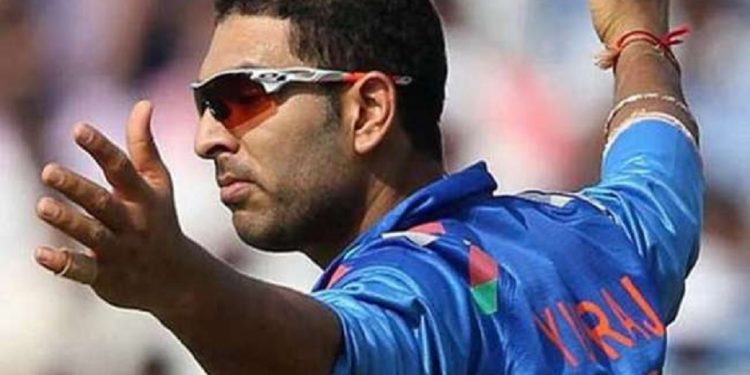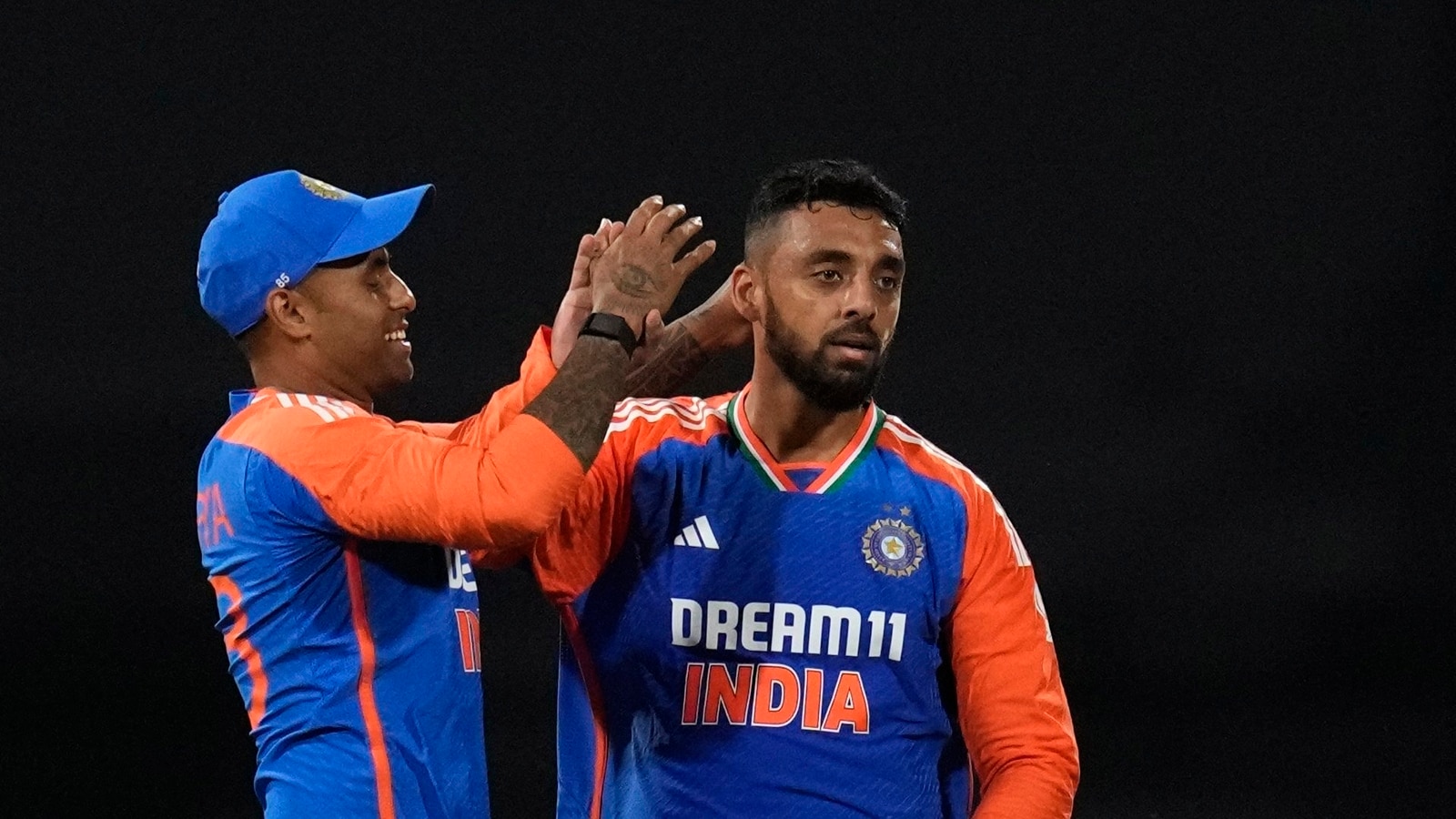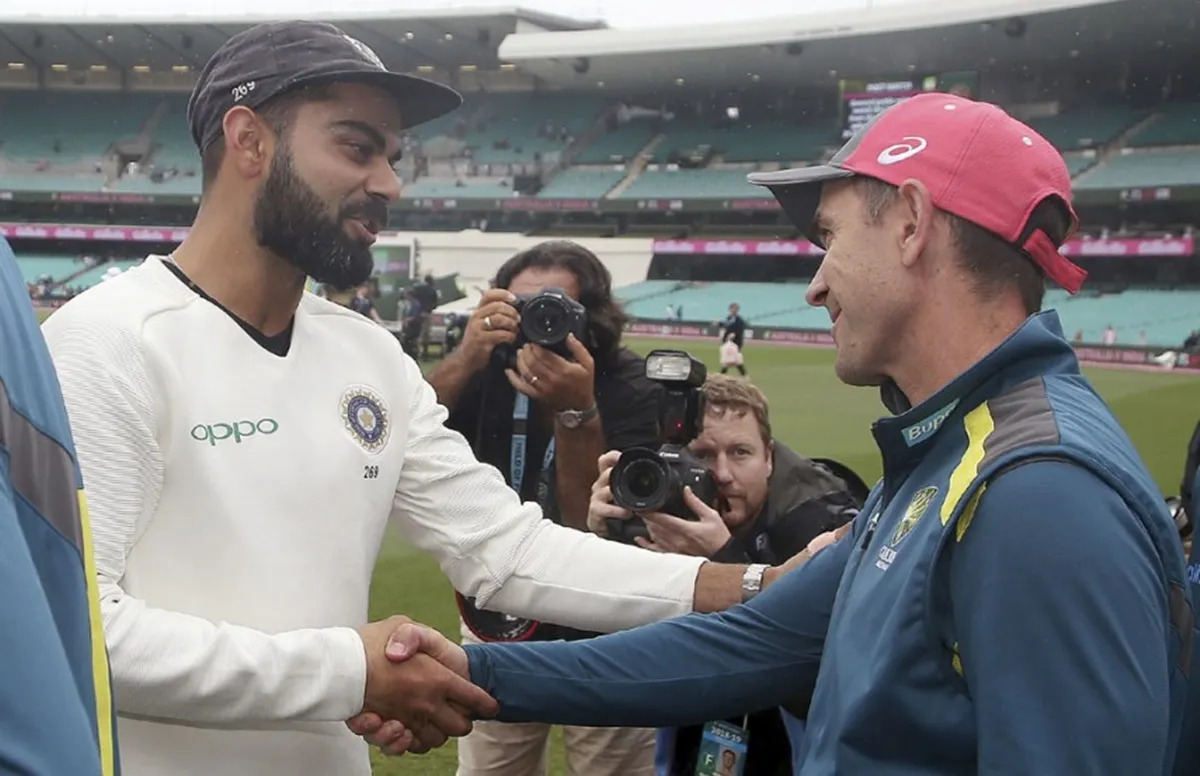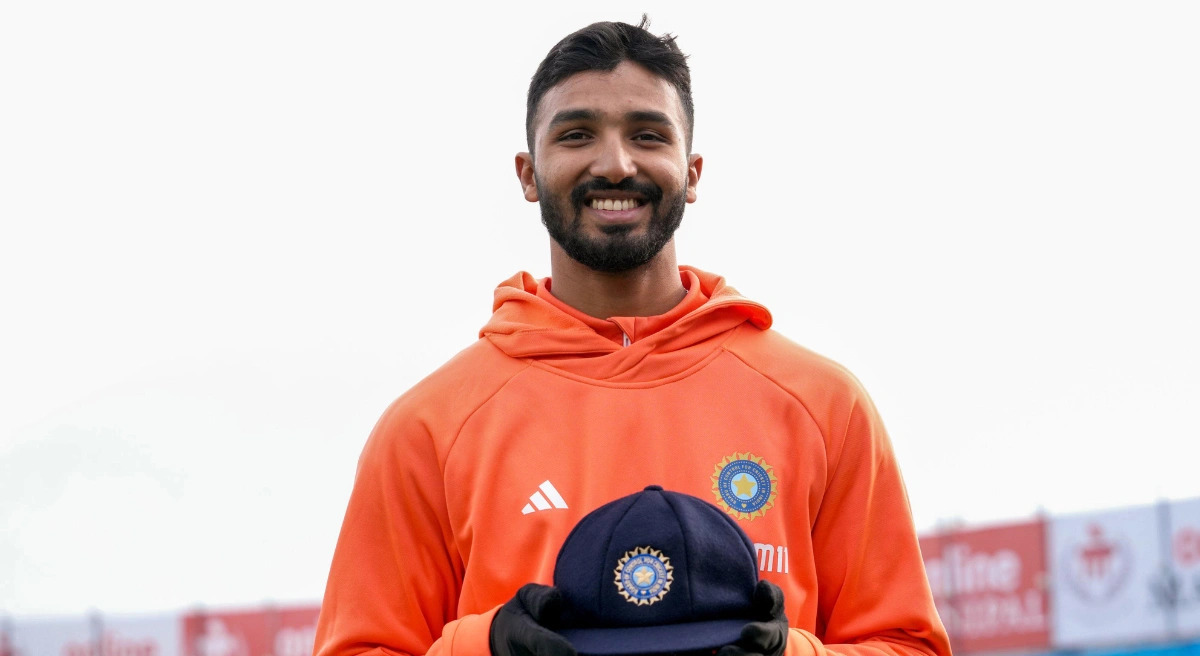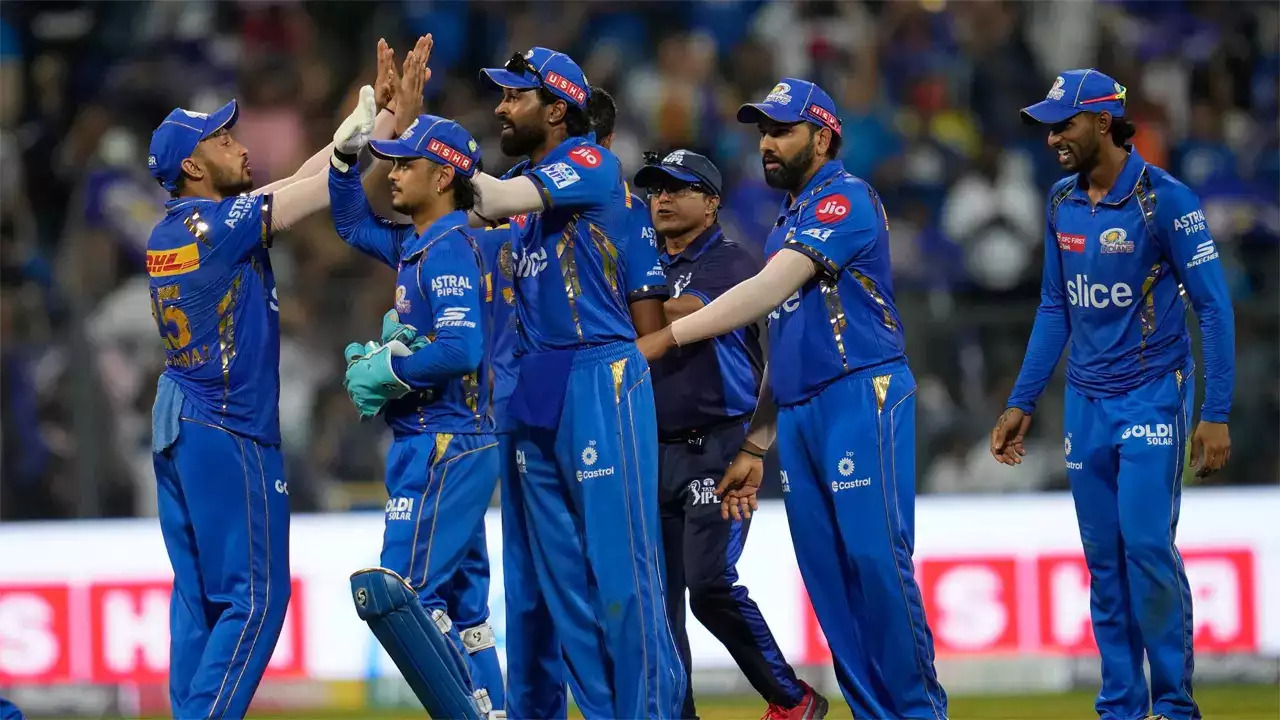Yuvi, also known as Yuvraj Singh, was born into the Shabnam and Yograj Singh home on December 12, 1981. Yuvi would later become a national celebrity. Yuvi, who won gold in skating as a youngster, took up the bat to follow in his father’s footsteps. Now, he took ownership of the game, regardless of the sport, because he was accustomed to winning.
Yuvraj Singh became an expert at striking the ball with adequate sweet time and force.
He cleared all the selectors’ qualms when they picked him for the Indian squad that won the Under-19 World Cup in 2000 because to his precise and striking talents. With 203 runs and 12 wickets, Yuvraj, the all-rounder, was instrumental in the win.
About nine months later, Yuvraj was playing for the senior squad in the ICC Knockout, where he had a greater role to perform on an even bigger platform. In his first-ever inning, the eighteen-year-old hit an incredible 84 off 80 against the formidable Australian team. In the same match, Yuvraj put Australia in danger with a superb grab at cover and a straight shot. He had no idea that his fielding feats would alter several games in the years to come.
He was still quite young a few years later, when he was required to play at Lord’s, the cricket Mecca. On July 13, 2002, it was the NatWest Trophy Final between England and the Men in Blue. Nobody could have predicted that they were about to see one of the most exciting ODI contests in history. The famed relationship between Yuvraj Singh and Mohammad Kaif, the captain of his Under-19 team, sparked optimism that a youthful Indian team would one day dominate the world.
However, all of this was only a teaser for the greater purpose for which Yuvraj was destined. His left-hand bat demonstrated his abilities in the 2004 VB Series when things were going his way. At the SCG, 139 runs off just 122 balls made it clear that he was here to stay. He scored 21 runs off Ian Harvey in the 49th over, which caused the Australians to have nightmares for the following ten years.
His Test statistics aren’t very impressive, but one moment in particular sticks out: in Bengaluru, he spearheaded a 300-run partnership with double century Sourav Ganguly to achieve his career-high score of 169 and infuriate Pakistan. After being 61 for 4 at one point, the three left-handers, Yuvi, Dada, and Irfan Pathan, scored 100 runs or more to lead the club to 626 in the opening inning.
With the first T20 World Cup, Yuvraj Singh was welcomed into the new format. It wasn’t a fluke that he destroyed Stuart Broad for six sixes in his most talked-about innings. A few days later, he faced the Aussie and struck 70 off 30 balls, including a six-ball that went 119 meters to Brett Lee following a flip. India emerged victorious from the tournament, led by a youthful Dhoni, with whom Yuvi forged remarkable alliances over the ensuing ten years.
Only a few months out from the 2011 ODI World Cup, the Chandigarh native wasn’t at his best or the fittest in 2010. But in 2011, 28 years later, India won their second ODI World Cup because to his tenacity and devotion. Yuvraj Singh undefeated half-century in the quarterfinal match against Australia—who by now had grown to be his favorite opposition—led to the elimination of the four-time winners.
He had amassed 362 runs, claimed 15 wickets, won four Player of the Match trophies, and finally captured the Player of the Competition title in that exact competition. Yuvraj Singh was in the greatest seat at Wankhede after Dhoni’s game-winning six, throwing open his arms to witness the dream come true.
Both the outside world and Yuvraj Singh were unaware of what was going to happen next. The top player was forced to miss games after receiving a germ cell cancer diagnosis a few months ago. But what transpired next is still remembered as the tale of the greatest adversity and most spectacular returns in all of sports. Fighting against cancer, he came back to support the sport. However, his post-recovery road wasn’t easy.
Yuvraj Singh is currently separated from the game he has spent his entire life playing.
Many people called him “un-Yuvi,” blaming his 21-ball 11 for India’s defeat to Sri Lanka in the 2014 T20 World Cup final. Nevertheless, he never stopped reminding himself and everyone else of the talent he was born with and the warrior he became after that terrible illness, even throughout the lowest points of his career graph.
When the old-school Yuvraj Singh took the field, the supporters were filled with nostalgia thanks to his 72 against Pakistan in Motera, where he hit three straight sixes off Saeed Ajmal, his 77 against Australia in Rajkot, and a few overlooked cameos. His final notable outing came in the match against England, where he and his sidekick Mahi put together their greatest one-day score. Yuvraj smashed 150, while Dhoni chipped in with 134 to take all Indian cricket fans back to those glorious, golden eras.
Yuvraj Singh won his final Player of the Match title in international cricket after he hit 53 off 32 balls against Pakistan in the 2017 Champions Trophy, which also occurred to be his final ICC tournament. On June 12, 2019, Yuvraj Singh had to say goodbye to international cricket due to a stretch of subpar performances and the ascent of younger players; yet, at that time, he had amassed 11,778 runs in 402 matches. Despite just being a “part-time” bowler, he nevertheless claimed 148 wickets.
In conclusion, while Yuvraj Singh may not have been the greatest captain in history or the god of cricket, he did play a major role in helping the best captain win two World Cups and helped God realize his greatest ambition. He has a beautiful wife and two darling children, and he loves spending time with them. In his post-retirement days, he is frequently spotted playing golf at the clubs. However, many are still inspired by his antics from his playing days. Unquestionably a legend. Cheers to your 42nd birthday.






 Win Projections to be updated soon
Win Projections to be updated soon



















